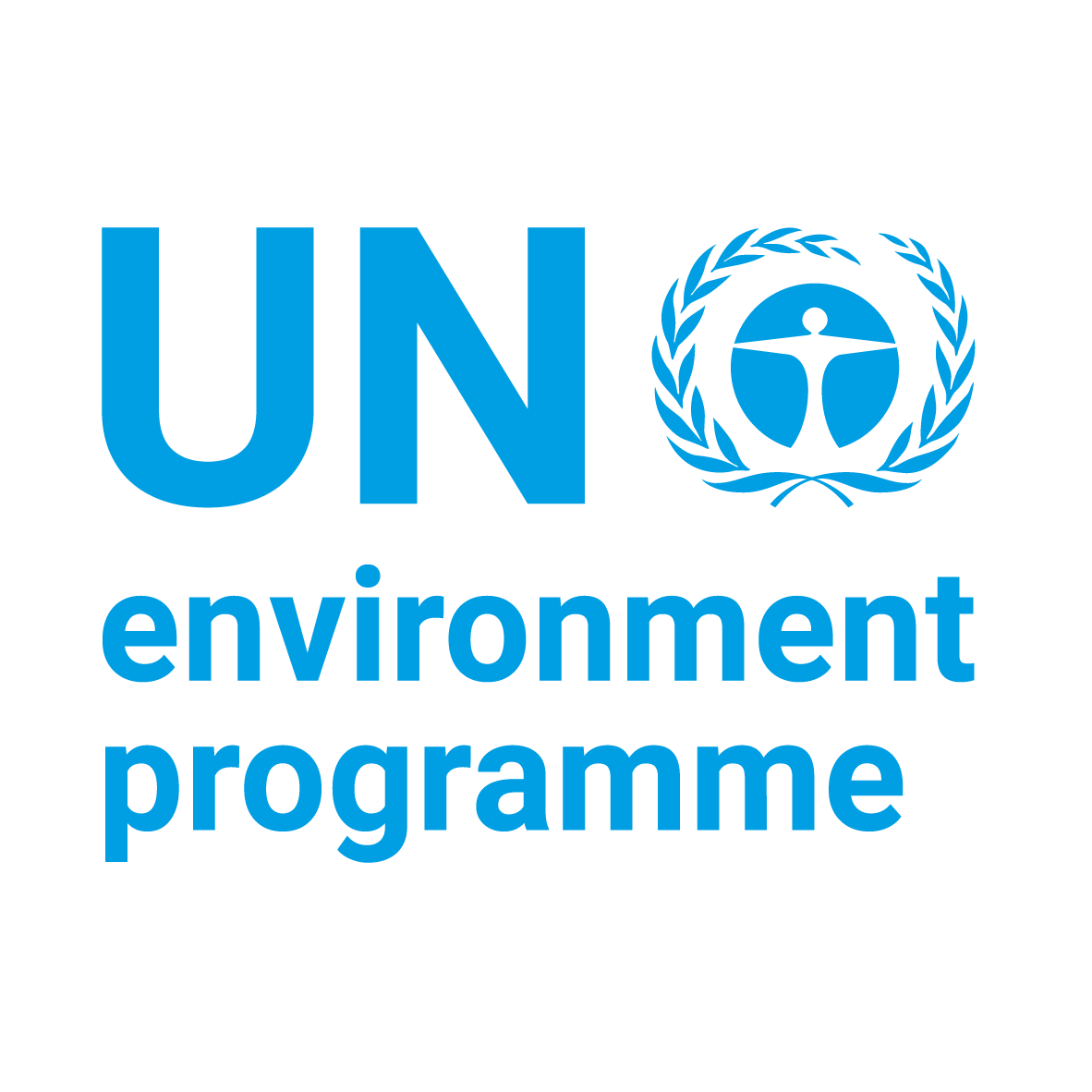Aquaculture is a water intensive activity. In the Lower Shire Basin, Malawi, fishing and fish farming are major sources of employment, income and food security for poor, rural households. However, in recent years, annual fish catches have declined by 65%. This decrease in fish catches is a concern both locally and nationally as demand for fish is on the rise.
The primary causes of the decline in fish catches include:
- reduced water levels caused by competing water uses between crop farming and aquaculture;
- overfishing resulting from intensive fish farming practices and an increased number of fisherfolk;
- increased violation of fishing regulations, for example, by using mosquito nets for fishing;
- inadequate enforcement;
- gaps in policy and legislative frameworks; and
- variable rainfall patterns that result in frequent droughts and floods which affect the flow rate and volume of the Shire River.
Declining fish catches have a negative impact on both livelihood and food security in the area. For example, reduced fish catches are projected to result in a direct loss of employment for more than 3,500 fisherfolk and an indirect loss of employment for an additional 10,000 people dependent on the fishing and fish farming value chain, such as processors and marketers. As a result of a reduced proportion of fish in local diets, protein intake in local communities is expected to decline, resulting in nutrition related illnesses. Exacerbating these anticipated trends is the limited capacity in local communities to implement efficient post harvest processing of fish.
To address the challenges of ecosystem degradation, unsustainable use of ecosystem goods and services, loss of livelihoods and food insecurity, project interventions target three thematic areas:
- Ecosystem governance: policy is the biggest driver of change and functional institutions are critical to policy implementation towards good governance. Through policy and institutional strengthening, the project seeks to enhance governance around ecosystem goods to minimize unsustainable practices that degrade ecosystems.
- Value addition: increased technical capacity to implement traditional fish preservation approaches and hence avoid spoilage and minimize food waste. Specifically, the project is training stakeholders to make and deploy fish smoking kilns.
- Sustainable ecosystems management: this is accomplished through ecosystem restoration activities and livelihood diversification to reduce pressure on fisheries and hence conserve local river ecosystems.
To date, key achievements have been made in: i) ecosystem-based adaptation (EbA) policy and institutional strengthening; and ii) implementation of on the ground EbA interventions to build community climate resilience and conserve and enhance the functioning of local ecosystems. Please see specific achievements below.
Policy upscaling and institutional strengthening:
- Formulated by-laws and a Participatory Fisheries Management Plan;
- Conducted a debriefing session with district authorities including District Commissioner, Councilors, Traditional Authorities on the project themes.
Enhancing ecosystem productivity and building climate resilience:
- Constructing fish ponds to facilitate alternative livelihoods and relieve pressure on aquatic ecosystems;
- Constructing smoking kilns to reduce wastage of fish;
- Capacity building on adaptation: Training of Trainers (ToT) course for community extension agents on Climate Change Adaptation in Fisheries.
Key lessons
For effective policy integration, there is need for:
- broad based stakeholder involvement in project planning, design and implementation. When local community buys in to policies, there is a higher chance of effective implementation. Their involvement throughout the project cycle is critical for enhancing awareness on how vital policies are to their wellbeing and achieving community ownership hence willingness to implement them; and
- collaboration between key stakeholders in government, the private sector, nongovernmental organizations, local communities, and researchers. To effectively bridge the policy-implementation action gap, there is need to involve cross-cutting stakeholders in policy research, awareness raising and implementation.







